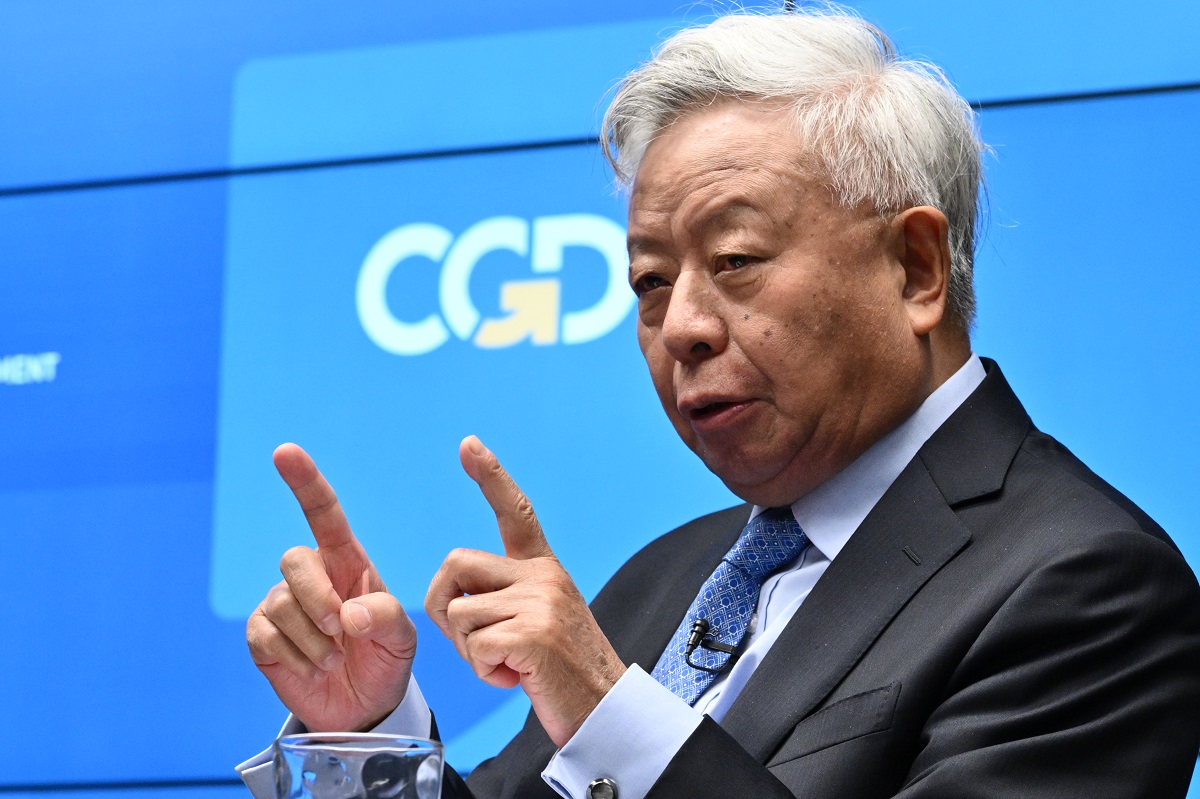July 13, 2005
The US government's proposed $5 billion Millennium Challenge Account (MCA) could provide upwards of $250-$300m or more per year per country in new development assistance to a small number of poor countries judged to have relatively "good" policies and institutions. Could this assistance be too much of a good thing and strain the absorptive capacity of recipient countries to use the funds effectively? Empirical evidence from the past 40 years of development assistance suggests that in most potential MCA countries, the sheer quantity of MCA money is unlikely to overwhelm the ability of recipients to use it well, if the funds are delivered effectively. There may be a small number of potential recipients—mostly very small economies already receiving substantial amounts of aid—in which MCA money might be so bountiful as to surpass recipient governments' absorptive capacity. Strong monitoring and evaluation is the key to detecting and correcting possible absorptive capacity problems, rather than ad-hoc rules limiting the amount of assistance. Where problems do arise, funds should be re-allocated to other activities within the country or to other MCA countries, or the list of countries qualifying for the MCA could be expanded slightly to include a small number of additional countries that may be able to use the funds effectively. We also explore the length of time that the USG should be prepared to continue to fund MCA countries, and how recipients might exit from MCA funding over time. We look back at two dozen 'good policy' countries that previously were very poor but have grown and developed after receiving large amounts of aid—one might call them the ideal MCA candidates of the 1970s. Their experience suggests that (1) unlike some other countries, they used aid well, and (2) these "best case scenarios" required stable and moderately sizeable aid commitments lasting decades. This experience suggests that even the best performing of the MCA countries are likely to require significant assistance for many years. The idea of a brief, big-bang "Marshall Plan" for developing countries in which the MCA provides a large amount of funding for a short period of time in hopes of igniting rapid development is probably wishful thinking.
Rights & Permissions
You may use and disseminate CGD’s publications under these conditions.



